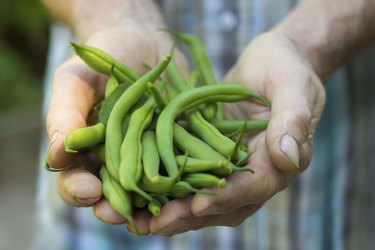
If you're like most consumers, you might not have heard of a nutrient called vanadium or know its importance and which foods to consume to get vanadium. In fact, vanadium is a trace mineral found in many foods you already eat. Most people consume enough vanadium, so it is likely you don't need to increase your intake, according to the University of Maryland Medical Center. Never take a vanadium supplement without approval from your doctor, as too much can be dangerous.
Vanadium 101
Video of the Day
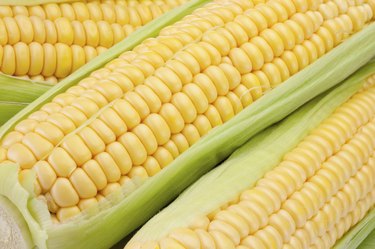
It's not entirely clear if your body needs vanadium, according to the University of Maryland Medical Center. Regardless, you get trace amounts of the mineral simply by eating a healthy, well-balanced diet. Vanadium might be important in secreting hormones, using cholesterol and managing blood sugar levels, but these functions haven't been proven, according to Michael T. Murray and Joseph E. Pizzorno, authors of "The Encyclopedia of Healing Foods."
Video of the Day
From the Sea
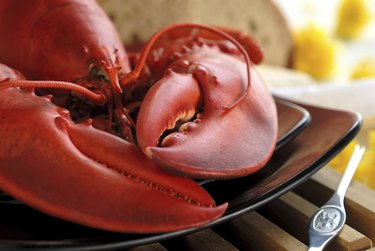
Shellfish is one source of vanadium, the University of Maryland Medical Center notes. If you eat shrimp, lobster or crab on a fairly regular basis, you're likely consuming all the vanadium you need.
Spice It Up
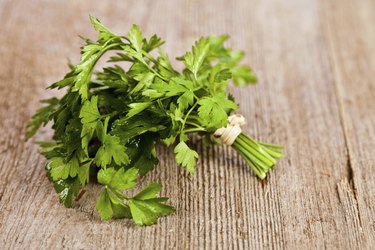
Adding herbs and spices to your food is another good way to include vanadium in your daily diet, and adding a shake of black pepper to cooked foods is a good source of vanadium. Incorporate parsley and dill weed into your cooking, because these herbs are healthy sources of vanadium. Murray and Pizzorno note that a 3.5-ounce serving of parsley contains 80 micrograms of vanadium.
Eat Other Plant Foods, Too
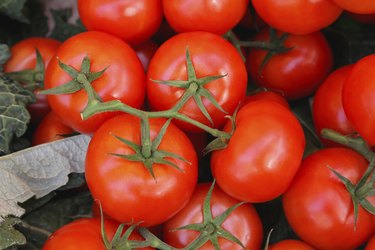
Buckwheat is a top source of vanadium, according to Murray and Pizzorno. A 3.5-ounce serving of buckwheat contains 100 micrograms of vanadium. The same quantity of soybeans contains 70 micrograms of vanadium. Cooking with safflower, sunflower seed, peanut or olive oil is another way to include vanadium in your daily diet. Oats, corn, green beans, carrots, cabbage, garlic, tomatoes, radishes and onions are additional foods that contain vanadium. Beer, wine and drinks made with artificial sweeteners are beverage sources of vanadium.